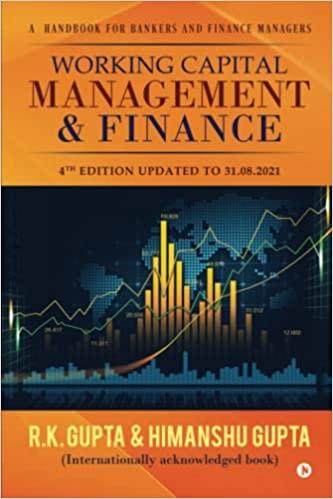Chapter 9 - Master It! In practice, the use of the dividend discount model is refined from the method we presented in the textbook. Many
Chapter 9 - Master It! In practice, the use of the dividend discount model is refined from the method we presented in the textbook. Many analysts will estimate the dividend for the next 5 years and then estimate a perpetual growth rate at some point in the future, typically 10 years. Rather than have the dividend growth fall dramatically from the fast growth period to the perpetual growth period, linear interpolation is applied. That is, the dividend growth is projected to fall by an equal amount each year. For example, if the high growth period is 15 percent for the next 5 years and the dividends are expected to fall to a 5 percent perpetual growth rate 5 years later, the dividend growth rate would decline by 2 percent each year. The Value Line Investment Survey provides information for investors. Below, you will find information for Boeing found in the 2012 edition of Value Line: 2011 dividend: $2.90 5-year dividend growth rate: 9.5% Although Value Line does not provide a perpetual growth rate or required return, we will assume they are: Perpetual growth rate: 5.0% Required return: 11.0% a. Assume that the perpetual growth rate begins 11 years from now and use linear interpolation between the high growth rate and perpetual growth rate. Construct a table that shows the dividend growth rate and dividend each year. What is the stock price at Year 10? What is the stock price today? b. How sensitive is the current stock price to changes in the perpetual growth rate? Graph the current stock price against the perpetual growth rate in 11 years to find out. Instead of applying the constant dividend growth model to find the stock price in the future, analysts will often combine the dividend discount method with price ratio valuation, often with the PE ratio. Remember that the PE ratio is the price per share divided by the earnings per share. So, if we know what the PE ratio is, we can solve for the stock price. Suppose we also have the following information about Boeing: Payout ratio: 30% PE ratio at constant growth rate: 15 c. Use the PE ratio to calculate the stock price when Boeing reaches a perpetual growth rate in dividends. Now find the value of the stock today finding the present value of the dividends during the supernormal growth rate and the price you calculated using the PE ratio. d. How sensitive is the current stock price to changes in PE ratio when the stock reaches the perpetual growth rate? Graph the current stock price against the PE ratio in 11 years to find out.
Step by Step Solution
There are 3 Steps involved in it
Step: 1

See step-by-step solutions with expert insights and AI powered tools for academic success
Step: 2

Step: 3

Ace Your Homework with AI
Get the answers you need in no time with our AI-driven, step-by-step assistance
Get Started


